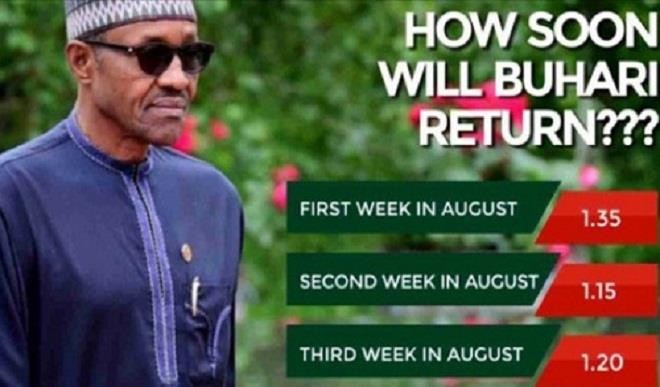Yabetchya! Gambling spiking in Nigeria, and young lead rise
Nearly 4 in 10 people in Nigeria bet or have a relation who does, according to a new survey by NOIPolls. And up to 53% of them bet daily, even though only 3% win daily. The result of the survey opens a window on what’s a growing phenomenon in Nigeria—the emergence of electronic betting. In […]


Nearly 4 in 10 people in Nigeria bet or have a relation who does, according to a new survey by NOIPolls. And up to 53% of them bet daily, even though only 3% win daily.
The result of the survey opens a window on what’s a growing phenomenon in Nigeria—the emergence of electronic betting.
In the 80’s and 90’s, betting pools—with odds and permutations written in coloured chalk on blackboard—was all the rage, and the rock that crashed many a family. It was the preserve of older males. And it was offline.
The internet has changed all that. Betting now is electronic and techy. The odds and permutations are printed in readouts slips—the kind you get after paying via POS at your shopping mall.
And it is not the preserve of older males. Not anymore.
“Interestingly, analysis by age-groups shows that those aged between 18 – 35 years recorded the highest percentage (79 percent) of respondents who stated that betting in Nigeria is prevalent,” the survey found.
The south west outstrips the north west in terms of betting’s prevalence: 92% of people in the south west know about it, compared with 57% in the north west.
Among those who see betting as prevalent, males pretty much equaled females in proportion.
So why are Nigerians betting? Only 5% of respondents mentioned passion for sports—and another 5% did it just for fun.
The larger proportions reflect a country’s baggage: 30% bet in quest for quick money, 21% did it because they were unemployed.
Greed, economic hardship and poverty accounted for a combined 37% of reasons for betting. Two in 10 people bet from peer group influence.
Betting companies—agents, bookmakers, a host of many names—have sprung up to cash in. In city street corners and kiosks, they are as mushrooming like eateries.
Respondents in the survey mentioned a list of names, but only the top 10 made it when researchers compared what influenced betters to choose specific agencies.
Bets historically were placed on the outcome of sports, especially football. Now they can be on just about anything.
Bookmaker Naijabet opened an online bet on when President Muhammadu Buhari will return from his medical trip in London. Already in its third week, the odds aren’t looking that rosy on whether that’s a joke or business.
Another bet has opened on whether late Lady Diana’s younger son Prince Harry and Meghan Markle are engaged.
Betting is err… gambling—and a game of chance, luck or whatever floats your boat. It is all odds and probability.
Across the world, betting promises money unaccounted for. Online betting alone is worth $44.5 billion a year, according to a Financial Times report.
Asia earns the largest gambling revenues across from all types of gambling. But Europe is the leading earner in online and mobile gambling. On any platform out there, Africa is the least earner.
More than half the respondents in the NOIPolls survey reported they or their relation betting daily, followed by those who bet a few times a week or a few times a month.
But only 3% won daily. The largest proportion won only a few times a month, and 8% of betters have never won any. What are the odds on that?
